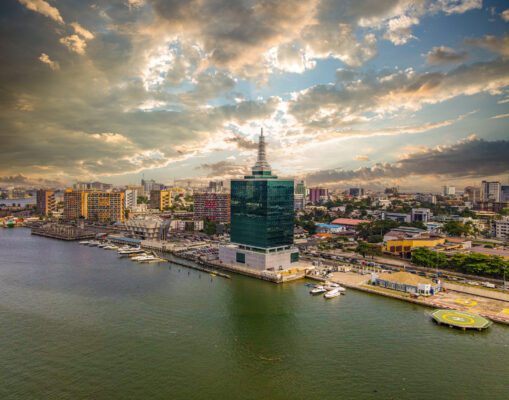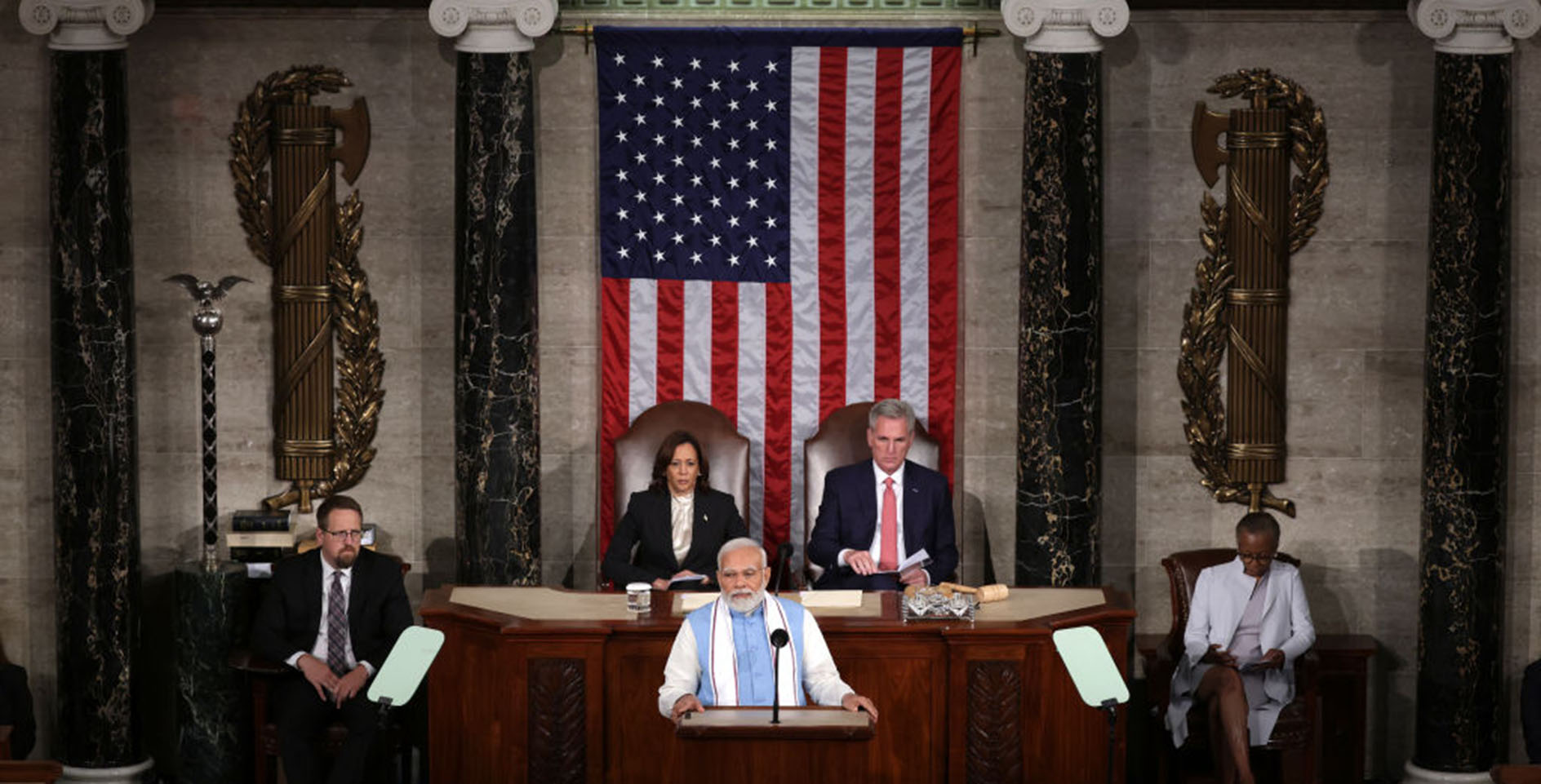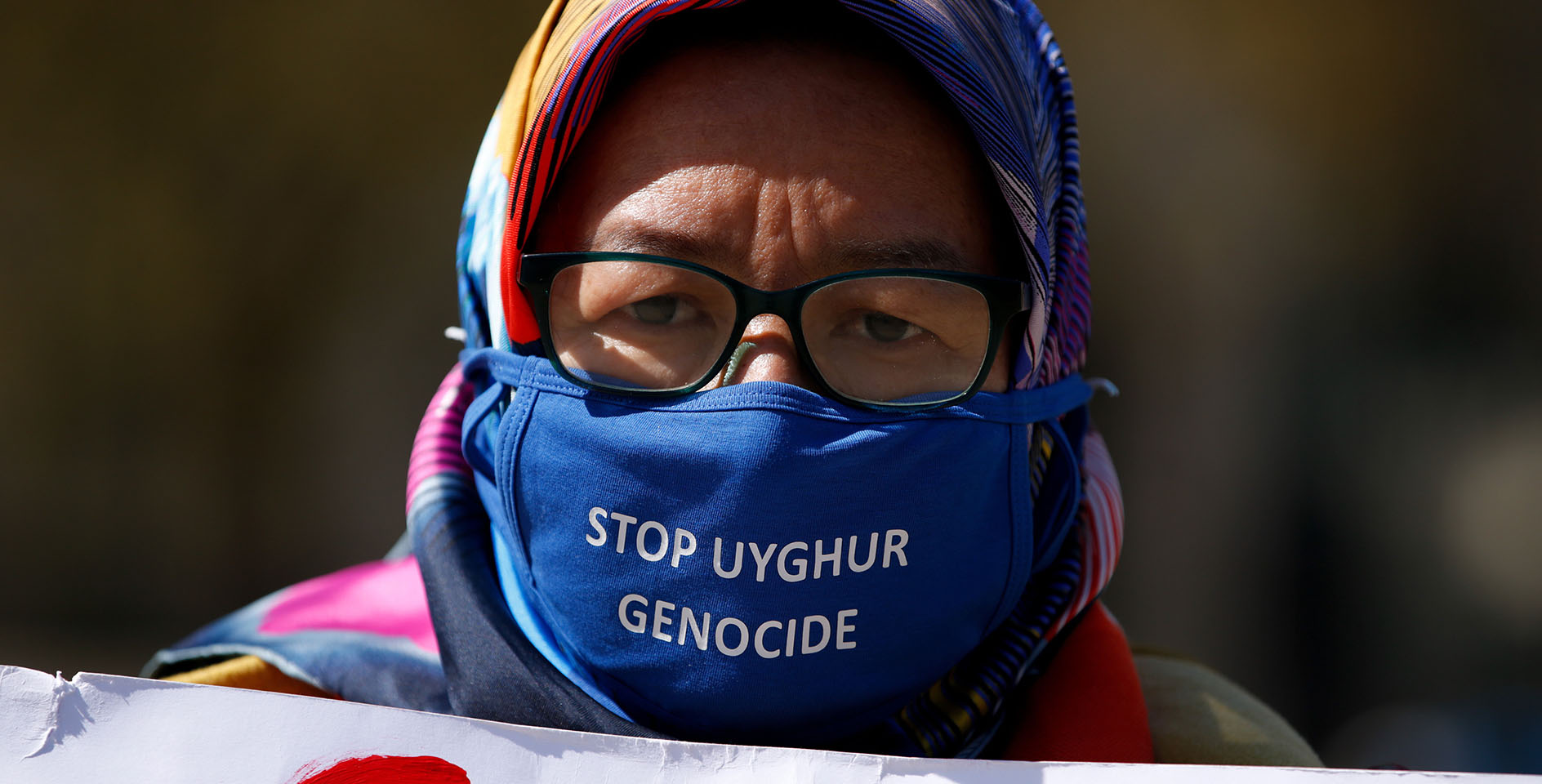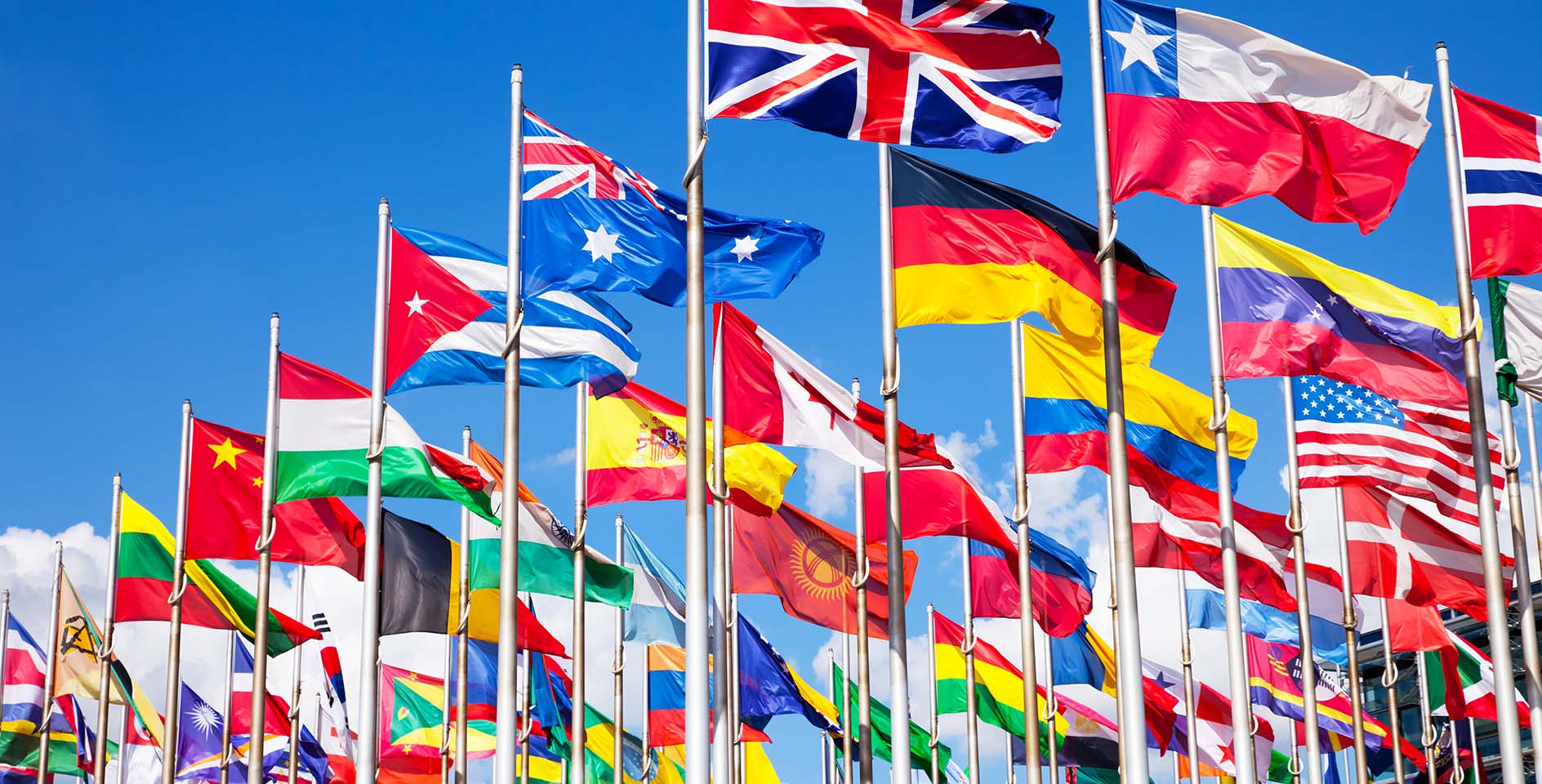Religious liberty is “the condition in which individuals or groups are permitted without restraint to assent to and, within limits, to express and act upon religious convictions and identity free of coercive interference or penalty imposed by outsiders, including the state.” The 800th anniversary of Magna Carta was June 15, 2015, and Magna Carta set forth, for the first time in Western law, the revolutionary idea that all people are subject to the rule of law. Magna Carta propounded 63 distinct liberties, first of which was the freedom of the English Church:
“In the first place we grant to God and confirm by this our present charter for ourselves and our heirs in perpetuity that the English Church is to be free and to have all its rights fully and its liberties entirely.”
This Western tradition of religious freedom, though wrought with inconsistencies, carried forward to the formation of the United States of America. America’s cherished first freedom enshrined in the Bill of Rights states:
“Congress shall make no law respecting an establishment of religion, or prohibiting the free exercise thereof…”
Religious liberty, however, is not just an American or Western value. The 1981 U.N. Declaration on the Elimination of All Forms of Intolerance and Discrimination Based on Religion or Belief set forth the truth that violations of religious liberty have “brought, directly or indirectly, wars and great suffering to mankind.” The Universal Declaration of Human Rights, the International Covenant on Civil and Political Rights and the Declaration on the Elimination of Intolerance and Discrimination each decry the violation of religious liberty and are considered binding on roughly three-fourths of the world’s nations.
Unfortunately, not all nations of the world respect religious freedom. The United States Commission on International Religious Freedom was created by the International Religious Freedom Act of 1998 as an independent, bipartisan U.S. government advisory commission that monitors religious freedom worldwide and acts as policy advisors to the Executive and Legislative branches of the U.S. government. USCIRF bases its analysis and recommendations on its statutory authority and the Universal Declaration of Human Rights.
In its recently released 2015 Annual Report, USCIRF recommended the designation of 17 countries as Tier 1 countries of particular concern, or CPC, including China, Iran, North Korea, Saudi Arabia, Egypt, Pakistan and Vietnam. The USCIRF also placed 10 countries on the Tier 2 list, countries that do not fully meet the CPC standard, but are nonetheless characterized by at least one of the elemental violations of CPC countries. Those countries include Cuba, India, Turkey and Russia. These countries are marked not by the religious freedom guaranteed in Magna Carta, the U.S. First Amendment or U.N. Declaration, but rather act in violation of the first and most basic human right.
But, what does this have to do with international trade law? Like the obligation to minimize or prevent certain human rights labor violations in the global supply chain, international trade law can be used to combat religious liberty violations around the world. In fact, United States Senator James Lankford, a Republican from Oklahoma, has taken the lead to make international religious freedom a cornerstone of American trade policy for the first time in the nation’s history.
Om May 18, 2015, the U.S. Senate unanimously passed Sen. Lankford’s amendment to the Senate version of the Trade Promotion Authority bill by a vote of 92-0. The amendment added a provision to TPA’s overall negotiating objectives requiring the Obama Administration to consider the religious freedom record of parties to trade negotiations. The amendment does not provide specific directives on how the Obama Administration should consider a country’s religious freedom record in trade negotiations, but makes clear that the U.S. will take seriously the religious freedom of all people in all nations – religious liberty is of more importance than economic liberalization. The provision will be the first time in American history that religious freedom will be taken into account during unilateral trade agreement negotiations should it pass the U.S. House and be signed into law.
The trading partner most directly impacted by Sen. Lankford’s religious liberty amendment to TPA is Vietnam, the only country currently party to the Trans-Pacific Partnership and named to the USCIRF Tier 1 CPC list. According to the USCIRF 2015 Annual Report, Vietnam severely restricts independent religious practice and represses individuals and religious groups its government views as challenging its authority. Individuals remain imprisoned for religious activity or religious freedom activity. The USCIRF has recommended that Vietnam be named a Tier 1 CPC every year since 2001.
It is unclear, though, just how Vietnam might be impacted by the amendment in TPP negotiations. The U.S. trade delegation could choose to minimize the objective, making a joint declaration in any trade agreement with no compliance teeth. The U.S. trade delegation may pursue a path with more teeth and tie the reduction of customs duty for goods sourced from Vietnam to the certification of liberalized religious liberty policies. The most aggressive, and least likely, would have the U.S. trade delegation negotiate a change in Vietnamese religious liberty policy parallel with a trade agreement. Regardless of the implementation, though, the existence of a negotiating objective related to the advance of religious liberty globally is a welcome sight even as the U.S. pursues trade liberalization.
Economic freedom is important, but religious freedom is more important. To echo Sen. Lankford’s floor speech, the greatest American export is the “dignity of each person…[and that] every person should have protection of the government to live their faith, not the compulsion of the government to practice any one faith or to be forced to reject all faith altogether.” The U.S. can pursue both policy goals – the expansion of religious liberty globally and trade liberalization. There is no dichotomous split between the goals and trade agreements can serve as a vehicle to effectively influence countries to pursue the “dignity of each person” by protecting religious liberty.









